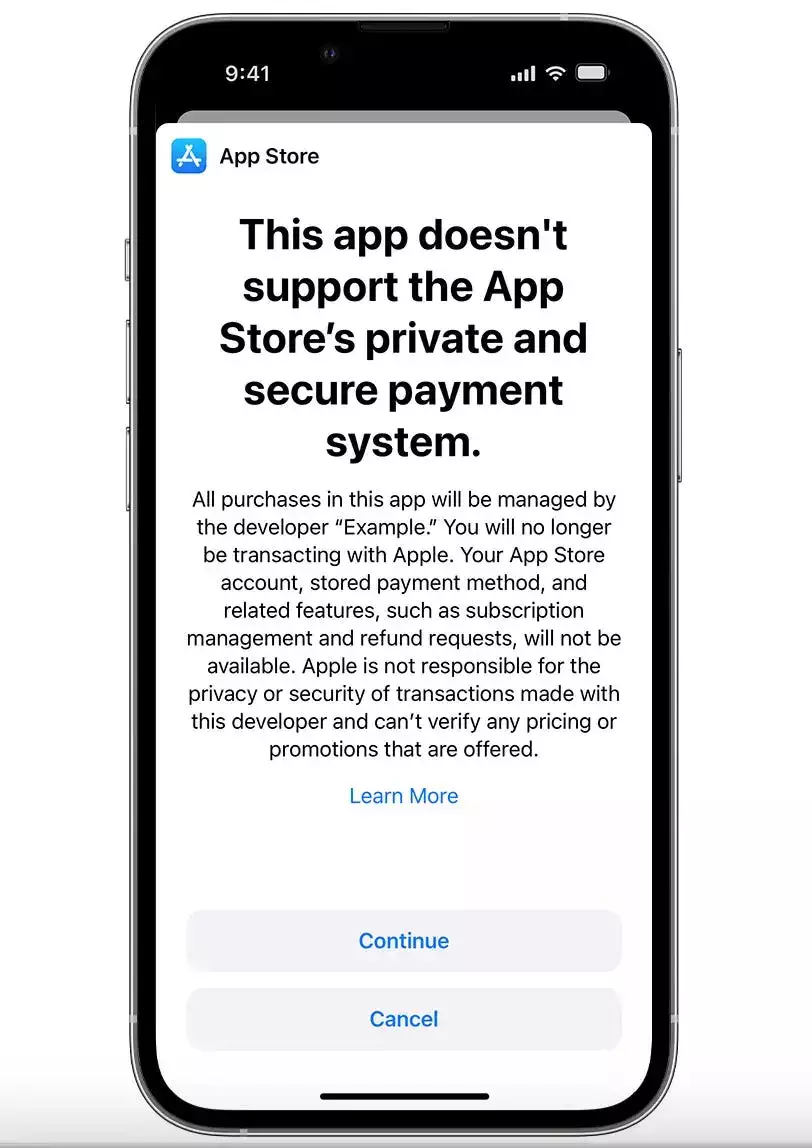For years, Apple staunchly defended its tight control over the App Store and other integral components of its iOS ecosystem despite mounting pressure from regulators. However, in a significant departure from its long-held stance, Apple is set to open up several aspects of its ecosystem in response to regulatory demands, marking a notable shift in its approach.

European Regulatory Influence
The catalyst behind Apple’s forthcoming changes stems from a new law set to take effect in Europe in March. While these alterations are region-specific, they carry substantial implications, considering Apple’s persistent resistance to similar adjustments in the past. Among the pivotal modifications announced by Apple are provisions allowing developers to create and distribute apps without relying on the App Store.
App Store Fee Adjustments
Furthermore, Apple has revised its App Store fee structure, reducing the maximum commission rate from 30% to 17%, with an additional 3% fee for in-app payments. Notably, developers utilizing non-Apple distribution channels will be exempt from paying any fees, except for apps exceeding one million downloads annually, which will incur a nominal fee per download over the threshold.
Emphasis on User Security
While unveiling these changes, Apple emphasized its commitment to user security and platform integrity. The company expressed concerns about potential risks associated with alternative payment methods and app distribution channels, citing the heightened vulnerability to malware, fraud, and illicit content. To mitigate these risks, Apple intends to implement stringent measures, such as app notarization across all platforms, aimed at safeguarding users from potential threats.
Implications and Future Outlook
The rollout of these adjustments remains subject to various factors, including ongoing legal appeals and user preferences. Apple’s proactive efforts to delineate the implications of utilizing non-Apple distribution channels underscore its commitment to maintaining user trust and security. However, the broader impact of these changes, both on developers and consumers, remains to be seen.
Epic Games’ Response and Global Ramifications
Epic Games, known for its legal battles with Apple over App Store policies, has announced plans to reintroduce Fortnite to Apple devices in Europe in 2024. Despite this development, Epic Games intends to continue challenging Apple’s practices in court and regulatory arenas. While these changes are specific to Europe, they exemplify the potential for regulatory pressures to induce substantial shifts in Apple’s global operations.
Future Prospects
As Apple navigates evolving regulatory landscapes, the possibility of similar reforms outside Europe remains contingent on legislative developments. While Apple asserts that the current changes are tailored to European regulatory requirements, the precedent set by this move underscores the transformative power of regulatory pressures on even the most entrenched industry players. Thursday’s developments mark a significant milestone in the ongoing dialogue between Apple and regulators, signaling a paradigm shift in the tech giant’s approach to App Store governance.











